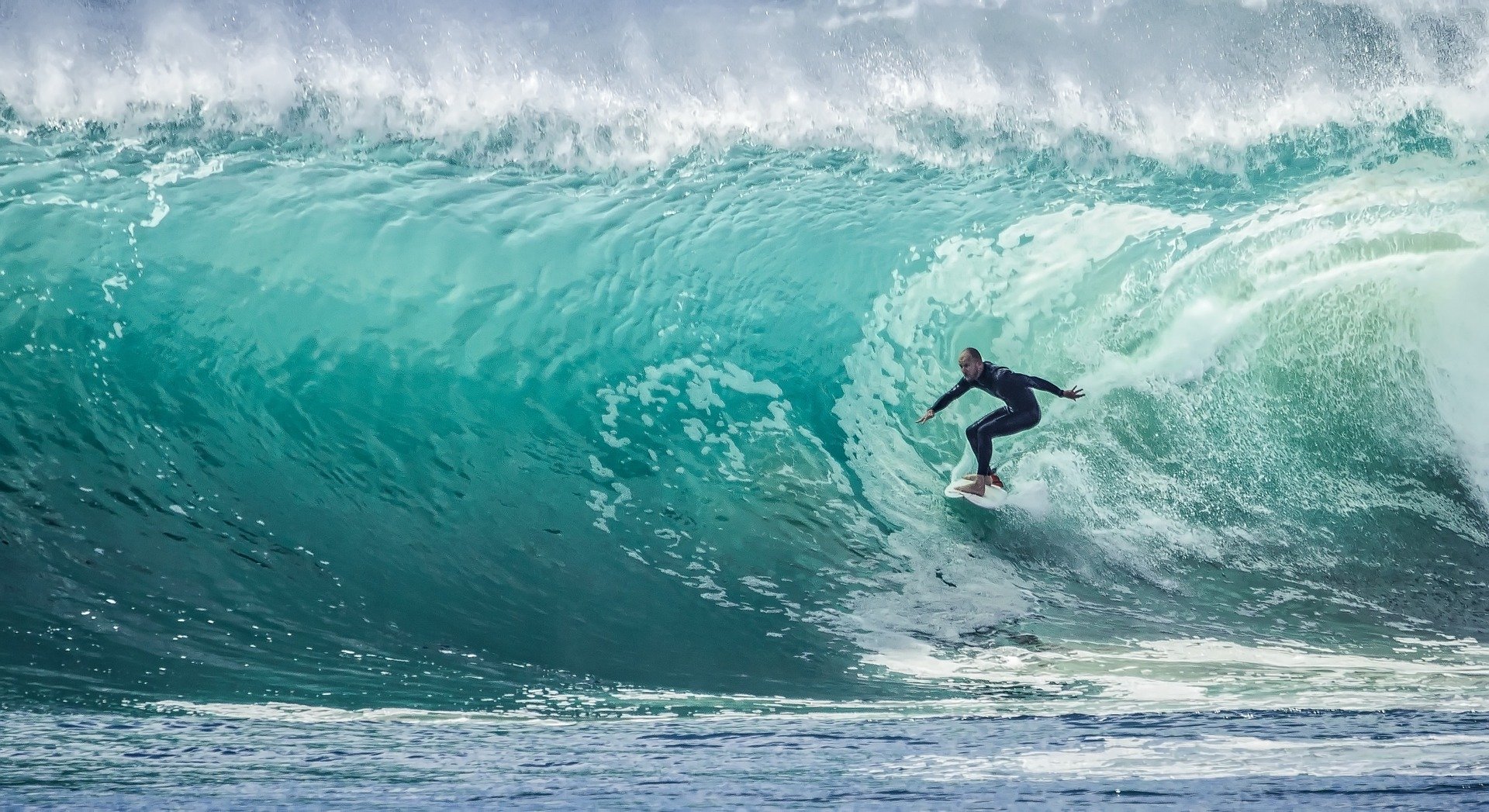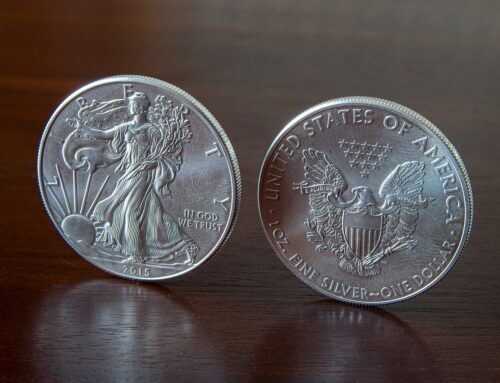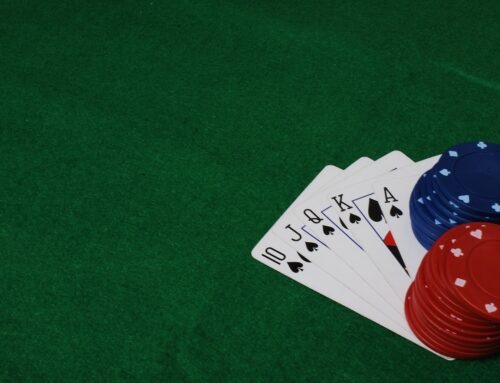The relationship between stress and performance is a fascinating subject that has received tons of attention from numerous researchers across a variety of fields. Apart from the relationship between the two not being linear, the prescription for dealing with the negative effects of stress depends on our level of skill in the domain where our performance is being measured.
Non-Linear Relationship
The inverted-U hypothesis suggests that not all stress is bad, and that we actually need a certain amount of arousal in order to perform. If we picture a graph with performance measured on the vertical axis and arousal on the horizontal axis, the relationship between performance and arousal is depicted by an inverted U. When the levels of arousal are too low, we are bored and disengaged and our performance is poor. As arousal increases, our performance improves. However, beyond a certain threshold level, further increases in arousal become stressful, which leads to a decline in performance.
There is a sweet spot on this curve, a level of arousal called eustress, that gives rise to optimal performance. If we experience ongoing under-arousal we run the risk of rust-out, and if we are subjected to prolonged periods of stress through over-arousal we risk burnout. Clearly, the ability to find the sweet spot is a vital skill if we are to perform to the best of our abilities.
Levels Of Mastery
A nuance in the relationship between stress and performance is that the way in which our performance declines due to excess stress depends on our relative skill in the domain where performance is being measured.
When we are novices at a task we use the brain’s explicit learning system, and our actions are deliberate and mechanical. Two things occur to the novice as the pressure mounts and then goes beyond a threshold level. He will have his short-term memory erased by stress, and he will experience perceptual narrowing. When an inexperienced person gets highly stressed, he forgets what he has learned and will develop a kind of tunnel vision that results in the missing of peripheral clues about other possibilities. The novice is unable to see and think clearly enough, which gets him into trouble.
A striking example of the effects of acute stress is that of armed combat, where the short-term memory of combatants can be wiped out and with it their memory of their combat skills training. This is not confined to a minority of soldiers who panic while under fire. As high a proportion as 75% of combatants fail to fire their personal weapons at the enemy for the purposes of killing, despite being in a combat situation and being under direct threat.
In contrast to the inexperienced novice, when we have become masterful at a task through sufficient practice we use the implicit learning system of the brain. Our actions are fluid, requiring little conscious effort or thought. But when the masterful person is forced by pressure across her stress threshold, the tendency is to revert from implicit learning to explicit learning, to lose the instinct associated with implicit memory and to rely instead on explicit learning. The master thinks too much under intense pressure and she begins literally to behave like a beginner.
Prescriptions
The novice who can’t think clearly enough under intense pressure would be well served by regaining focus on what he knows about the task, and being conscious and deliberate. The master, in contrast, who starts to overthink would be well served by finding a way to relax her mind and body in order to regain her instinctual fluidity.
These are different prescriptions for a similar-seeming condition of stress. But both require that a mindful pause be injected between stimulus and reaction to interrupt an otherwise inevitable deterioration in performance.
- In any domain where your performance is measured, where are you now on the arousal-performance curve?
- When you become stressed, do you tend to lose your ability to think or do you tend to overthink? What might this suggest about your level of mastery in this domain?
- How might you practice injecting a mindful pause between stimulus and response?
References
- Justin Newdigate: Noise (2019)
- Jean Williams (ed): Applied Sport Psychology (2006)
- Malcolm Gladwell: “The Art of Failure”, New Yorker (August 2000)
- Samuel Marshall: Men Against Fire (1947).







Leave A Comment